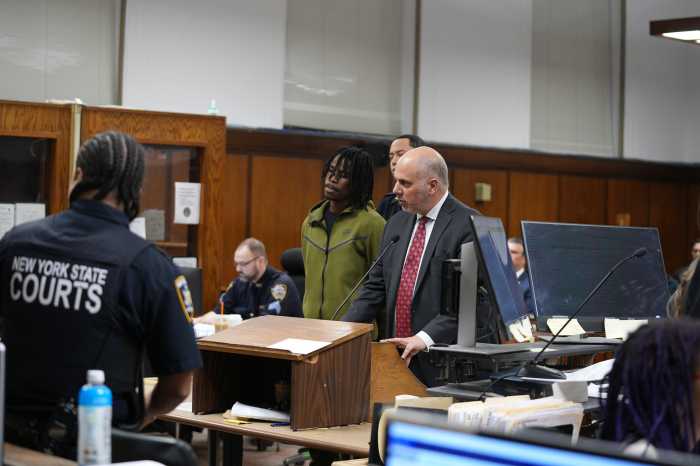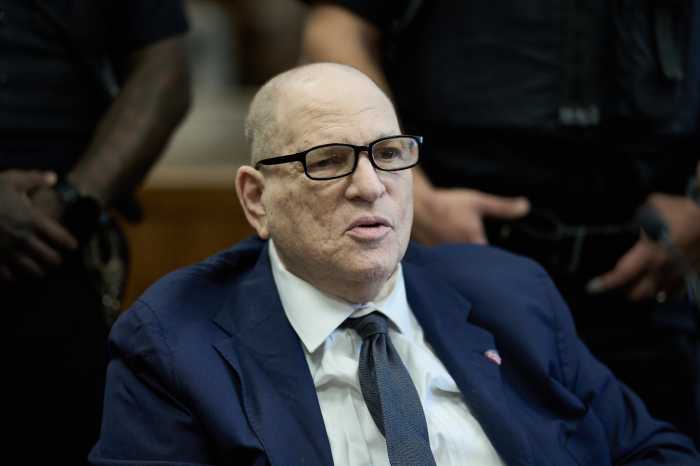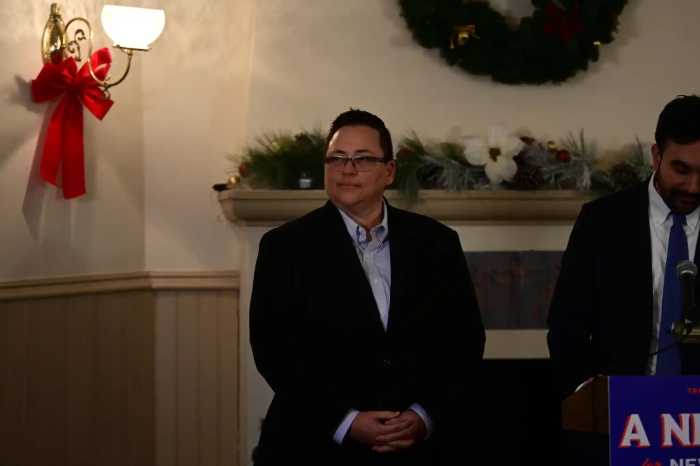The Torah’s “Ethics of the Fathers“ (1.6) teaches one to “keep a distance from an evil neighbor; do not become attached to the wicked.” Seems somewhat harsh, but still. Lawrence Summers, however, apparently didn’t get the memo.
Summers, of course, is the former president of Harvard University, U.S. secretary of the Treasury and director of the National Economic Council, among other extraordinarily important positions. It’s hard to find figures in society who have occupied more prestigious roles. But obviously, even individuals like Summers are “capable” (lacking a better word) of continuing to befriend lowlifes who engage in despicable conduct. None more so than the likes of Jeffrey Epstein.
We don’t really know the full relationship between Summers and Epstein except that, as their emails show, after Summers surely knew that Epstein had pleaded guilty in Florida to soliciting a young women for prostitution for which he was jailed, they continued at least an email relationship. And whether or not it was a “friendship” — Google doesn’t provide a more apt word for their relationship — Summers actively solicited money from Epstein, as he had before for Harvard University, in order to fund a graduate poetry program for the professor wife of Summers to head at Harvard.
Oddly, though, Summers separately also sought romantic advice from Epstein about a woman “on the side” with whom he was romantically involved, but who seemed to be two-timing him. Parenthetically, you’re the former president of Harvard, and Epstein is who you seek romantic advice from?
Now that it has “hit the fan” due to the Epstein-Summers email trove revelation, Summers, shamed, quickly stepped away from his important public positions, whether on his own or by direction. Not because of merely having had a relationship with Epstein, but because he didn’t drop Epstein years ago upon learning that Epstein was a pedophile. Pedophilia in some respects being worse than murder.
In fairness to Summers, he may not have known precisely how bad Epstein actually was — although the email exchange extended in time way beyond Epstein’s guilty plea and very deep Miami Herald coverage about Epstein that made the likes of Harvey Weinstein look like Mickey Mouse. Unquestionably, however one brands their relationship, Summers should have ditched Epstein; but Summers clearly wanted the things from Epstein described above and accordingly chose to overlook his “wickedness.”
This essay, though, is not about whether it was unethical or wrong for Summers to maintain contact with Epstein after he knew what he surely knew. Nor whether it would have been unethical or wrong to abandon him when Epstein’s odious conduct became exposed, or Summers learned of it privately. The uniquely offensive nature of Epstein — far more disturbing particularly given its sheer breadth, as reported — makes what Summers knew of Epstein intolerable. And seemingly inconceivable for a man of Summers’s standing to “hang in there” with a relationship, whatever it might have been. This even putting aside that Summers was unambiguously seeking “valuables” from Epstein — financing for his wife’s program, and “relationship advice” to satisfy his own id.
The issue raised by what has befallen Summer is a broader one and doesn’t necessarily involve a friend or acquaintance afraid of being exposed for maintaining a friend like Epstein. Put simply, when we somehow learn that a friend has done something horrendous — whether they are prosecuted for it or not — do we drop them like a hot potato, or drop them at all? As long as they haven’t done something terrible to an individual who seriously matters to us, should we remain their friend, even if continuing that friendship might somehow diminish us in the view of others? Meaning, is how we are perceived, if it gets out, more important to us than “being there” for someone down and out who needs us? Indeed, are we more diminished by sticking with people who have violated a societal norm but need us? Or when we instead simply leave them to their own devices because doing so helps keep their taint away from us?
Now, again, Summers was out for something from Epstein. What, though, if “the friend” isn’t looking for anything? All that exists is the friend’s willingness to be “supportive” at a difficult time after his or her wrongdoing — say, drug abuse, adultery, embezzlement, stock fraud, parental abuse — has been exposed, either publicly or in the local community’s gossip mill? Do we leave that person off to the side of the road? Or do we try to support them recognizing that each of us has our own vulnerabilities?
And the dropping of Summers as has now occurred is not a particularly good case for study given his disturbingly continued relationship with the uniquely horrible being that Epstein was. The “Ethics of the Fathers” employs extremely judgmental words like “wicked” and “evil” as guideposts regarding whom one should steer clear of. That said, we ourselves need to avoid exercising excessive judgmentalism when those with whom we have had meaningful relationships are reflexively abandoned by others close to them for having continued their relationships that are aberrant, even for them
Joel Cohen, a former state and federal prosecutor, practices white collar criminal defense law as Senior Counsel at Petrillo Klein & Boxer. He is the author of “Broken Scales: Reflections on Injustice” (ABA Publishing, 2017) and is an adjunct professor at both Fordham and Cardozo law schools.







































